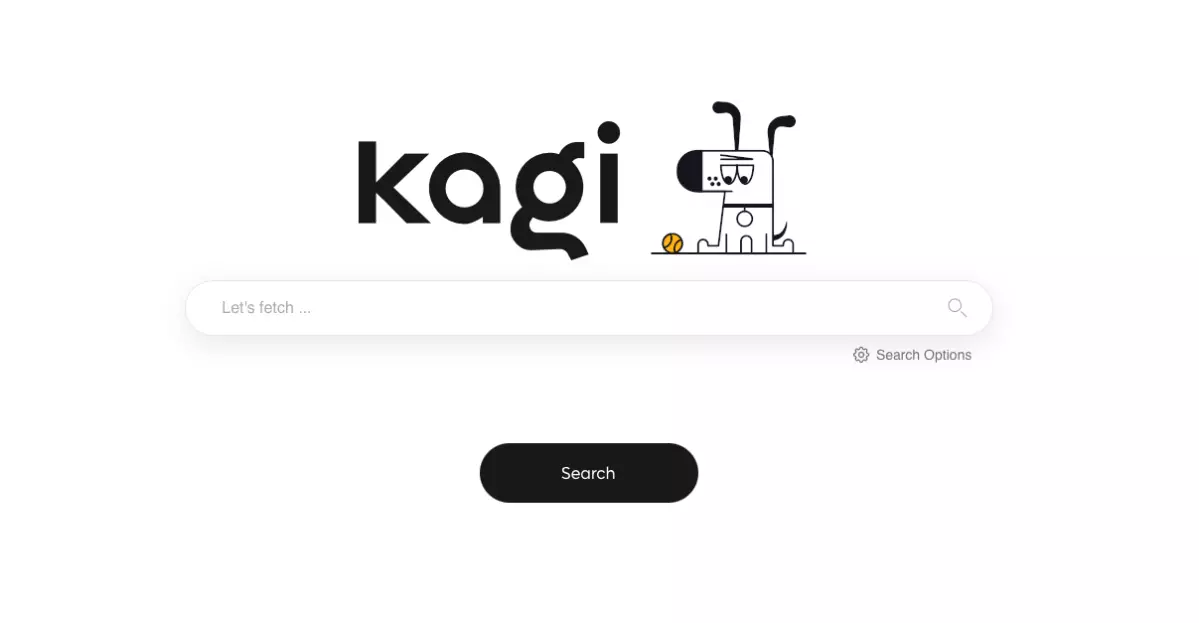In a digital landscape saturated with search engine options, Kagi has distinguished itself as a premium alternative to Google Search. Launched with the promise of respecting user privacy and providing an ad-free experience, Kagi is not merely another rung in the ladder of search engine competition; it offers a truly different take. The company recently introduced a feature known as “Fair Pricing,” which allows subscribers to receive account credits during months they forget to utilize the service. This initiative stands as a testament to their focus on user-centric strategies, raising questions about the sustainability and pressures of traditional advertising-based models.
Kagi emphasizes a unique bond with its users by ensuring that they are not penalized for occasional lapses in engagement. In an announcement that underscores a customer-first approach, the company stated that if a user does not utilize their searches over the course of a full billing cycle, they will receive a credit that offsets the next payment. This move is designed to foster goodwill among subscribers, reducing the feeling of ‘locked-in’ commitments often associated with subscription services. Kagi asserts that they recognize the variability in user behavior and aim to reassure users that they are not being charged for services they do not need in a particular month. This is particularly relevant in today’s economy, where flexibility is increasingly valued.
While many current search engine alternatives invest heavily in artificial intelligence to enhance search capabilities, Kagi adopts a more straightforward method. Instead of providing convoluted algorithms and results driven by complex AI systems, Kagi presents a simple list of links in response to user queries, similar to that of DuckDuckGo. This approach not only simplifies the user experience but also sidesteps the common pitfalls associated with more complex search algorithms, like minimized transparency in how results are generated. By maintaining this simplicity, Kagi aims to create a search experience that prioritizes user trust and relevance.
In a world increasingly concerned about digital privacy, Kagi positions itself as an ally to the user. The company categorically states that it does not track user activity or sell personal data, viewing such actions as an “unwelcome liability.” This contrasts sharply with traditional free services that monetize user data through targeted ads. Instead, Kagi opts for a subscription-based model that values user privacy, portraying itself as a more ethical choice in an era of rampant surveillance capitalism.
One of Kagi’s standout features is its offering of “lenses,” tools that allow users to filter searches across specific domains such as forums or academic websites. This customization enables users to streamline their search experiences, tailoring results to their exact needs. Additionally, the option to create personalized lenses offers a new layer of engagement, inviting users to curate their search environments, thereby reflecting their own interests without being bombarded by unrelated content.
As the digital age continues to evolve, Kagi embodies a refreshing perspective on how search engines can operate. By prioritizing user flexibility, privacy, and simplicity, Kagi stands as a viable alternative to more conventional choices. The company’s innovative approach not only presents a compelling case for its subscription model but also invites broader discussions about the role of traditional advertising in sustaining digital services. As more users become aware of their options, Kagi is ideally positioned to attract those who are both privacy-conscious and seeking a tailored search experience.


Leave a Reply